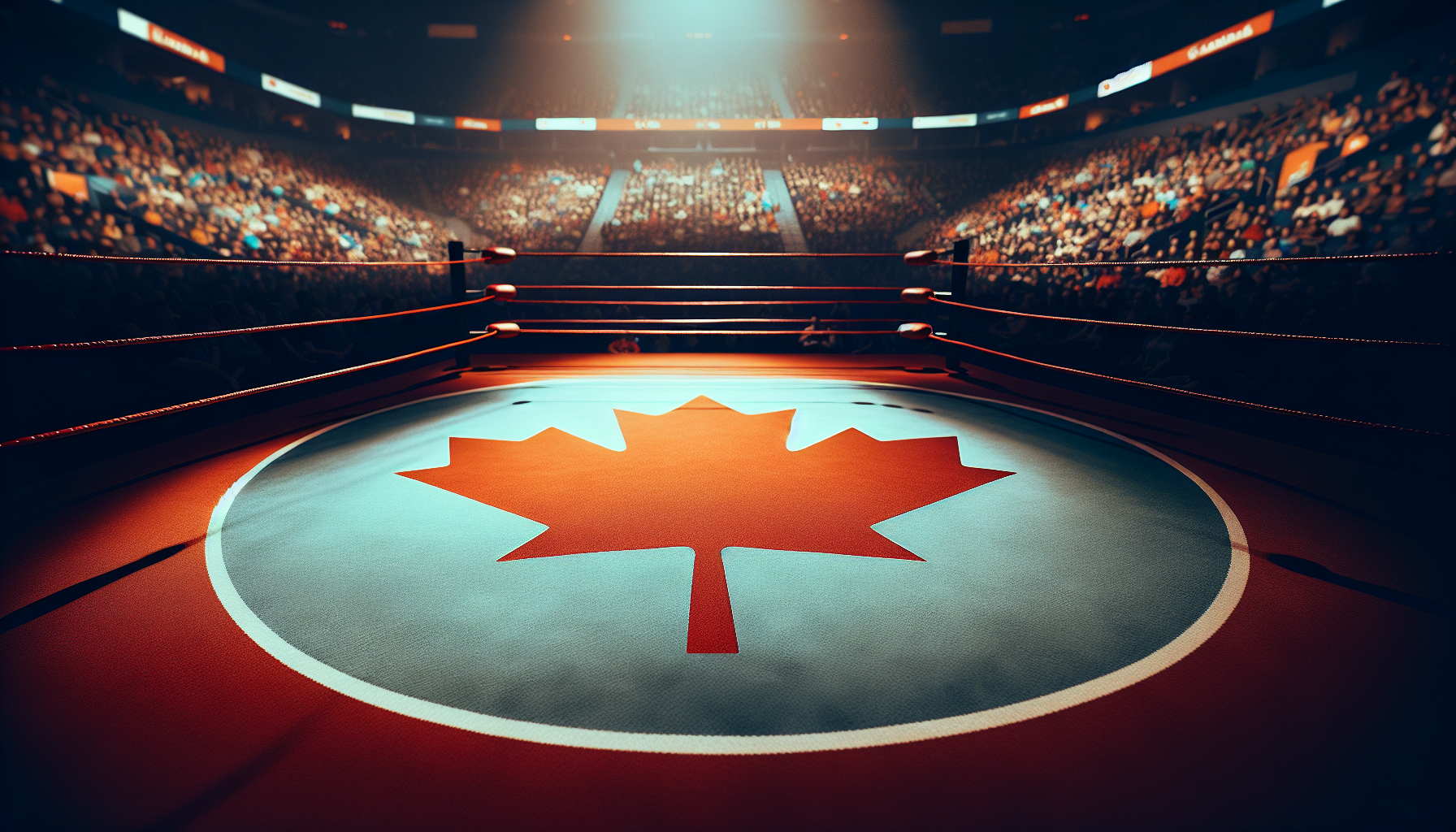
In today’s interconnected world, casino games have transcended borders to become a global form of entertainment. However, the same slot machine or table game that captivates players in Las Vegas might fall flat in Macau or Stockholm. This is where the art and science of cultural localization come into play. Casino game developers understand that to succeed internationally, they must adapt their products to meet the unique cultural preferences, expectations, and regulations of each target market.
Localization goes far beyond simple translation — it’s about creating an experience that feels native and comfortable to players from diverse cultural backgrounds. From language nuances to visual elements and gameplay mechanics, every aspect requires thoughtful adaptation to resonate with different audiences around the world.
The Importance of Cultural Adaptation in Online Gaming
Successfully penetrating new markets requires casino game developers to thoroughly understand cultural contexts and player preferences. Popular online gaming platforms like verdecasino have recognized that cultural adaptation significantly impacts player retention and engagement. These virtual casinos invest heavily in localization strategies to ensure their gaming libraries appeal to diverse audiences, offering region-specific promotions and culturally relevant game variations.
The statistics support this approach — properly localized casino games typically see 70-100% higher engagement rates compared to their non-localized counterparts. This impact is especially pronounced in the online gambling sector, where players have countless options at their fingertips and can easily switch to platforms that better cater to their cultural preferences.
The investment in tailored gaming experiences pays dividends through increased player loyalty, longer session times, and ultimately, higher revenue. For instance, slot games featuring culturally familiar symbols generate approximately 35% more plays in their target regions than generic alternatives.
Key Elements in Casino Game Localization
Effective localization begins with precise language adaptation. This involves much more than word-for-word translation — it requires understanding gambling terminology that varies significantly across cultures. Terms like “jackpot,” “free spins,” or “wild symbol” need culturally appropriate equivalents that maintain their meaning while feeling natural to local players.
Professional translators with gambling industry expertise ensure that game instructions, paytables, and promotional materials use the correct regional terminology. Additionally, many games incorporate voice acting and audio elements that native speakers must record to maintain authenticity and avoid awkward phrasing that might detract from the gaming experience.
Visual and Design Elements
Colors, symbols, and themes carry different meanings across cultures, making visual adaptation crucial for casino game localization. For example, while red symbolizes luck and prosperity in Chinese culture, it can represent danger or warning in other regions. Similarly, the number 4 is considered unlucky in many Asian countries due to its phonetic similarity to the word for “death,” while Western players might have no such association.
Game developers modify visual elements to align with local preferences — incorporating dragons and gold for Asian markets, Norse mythology for Scandinavian regions, or desert themes for Middle Eastern audiences. These thoughtful adaptations help players connect emotionally with the games, creating a more immersive and enjoyable experience.
Game Mechanics and Rules
Different cultures have distinct gambling traditions that influence player preferences. While Americans might favor high-volatility slots with substantial jackpots, European players often prefer games with more frequent, smaller wins. Japanese players typically engage more with pachinko-inspired mechanics, while Chinese players might favor games that incorporate elements of skill or strategy.
Game developers must also navigate complex regulatory landscapes that vary by region. This might mean adjusting betting limits, removing certain features, or modifying gameplay mechanics to comply with local gambling laws. For instance, some countries prohibit autoplay features or limit bet sizes, requiring developers to create region-specific versions of the same base game.
Regional Case Studies in Casino Game Localization
The most successful casino game providers conduct extensive market research to understand regional preferences. In Asia, games featuring prosperity themes, vibrant colors, and characters from folklore tend to perform exceptionally well. European markets generally respond positively to historical themes and classic casino aesthetics, while North American players often prefer branded content and movie tie-ins.
One notable success story involves a major slot game that was redesigned for the Japanese market by replacing Western fantasy elements with anime-inspired art and adjusting the winning frequency to provide more consistent small wins, and the game saw a 215% increase in player engagement compared to the original version.
The Path Forward for Gaming Localization
As technology advances, casino game localization continues to evolve. Machine learning algorithms now analyze player behavior across different regions, allowing for more precise cultural adaptation. Augmented reality and virtual reality technologies are opening new possibilities for immersive, culturally tailored gaming experiences.
The most forward-thinking developers are moving beyond traditional localization toward true cultural customization — creating games specifically designed for particular markets rather than simply adapting existing ones. This approach acknowledges that authentic cultural connections require deep understanding and respect for regional preferences from the very beginning of the design process.
For casino game developers seeking global success, cultural localization is no longer optional — it’s an essential strategy that determines whether their products will resonate or be rejected in diverse international markets.



